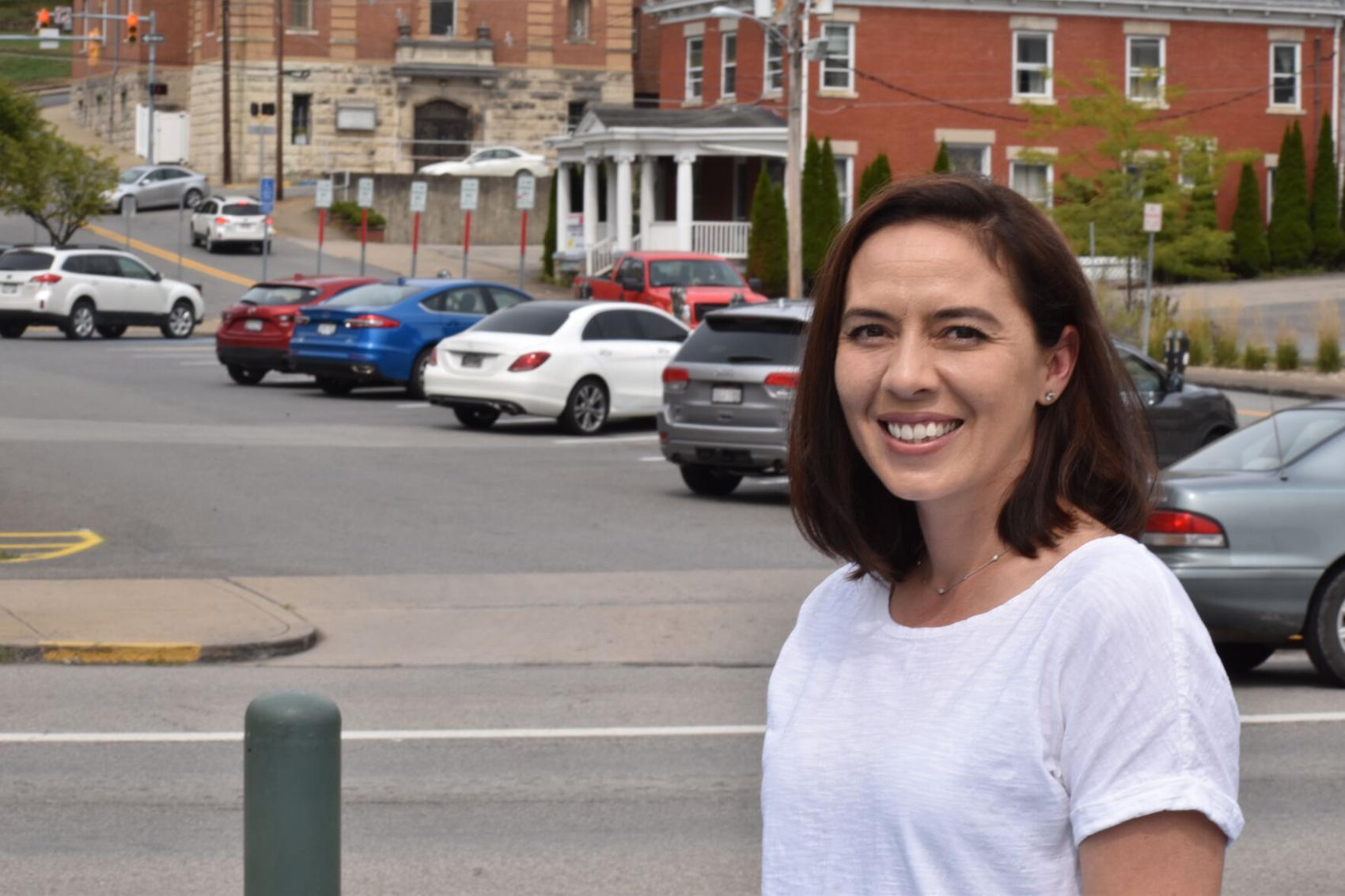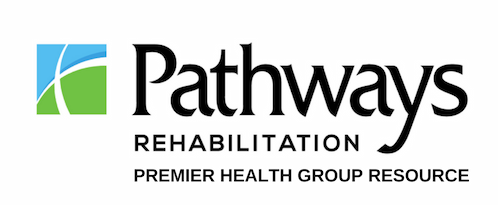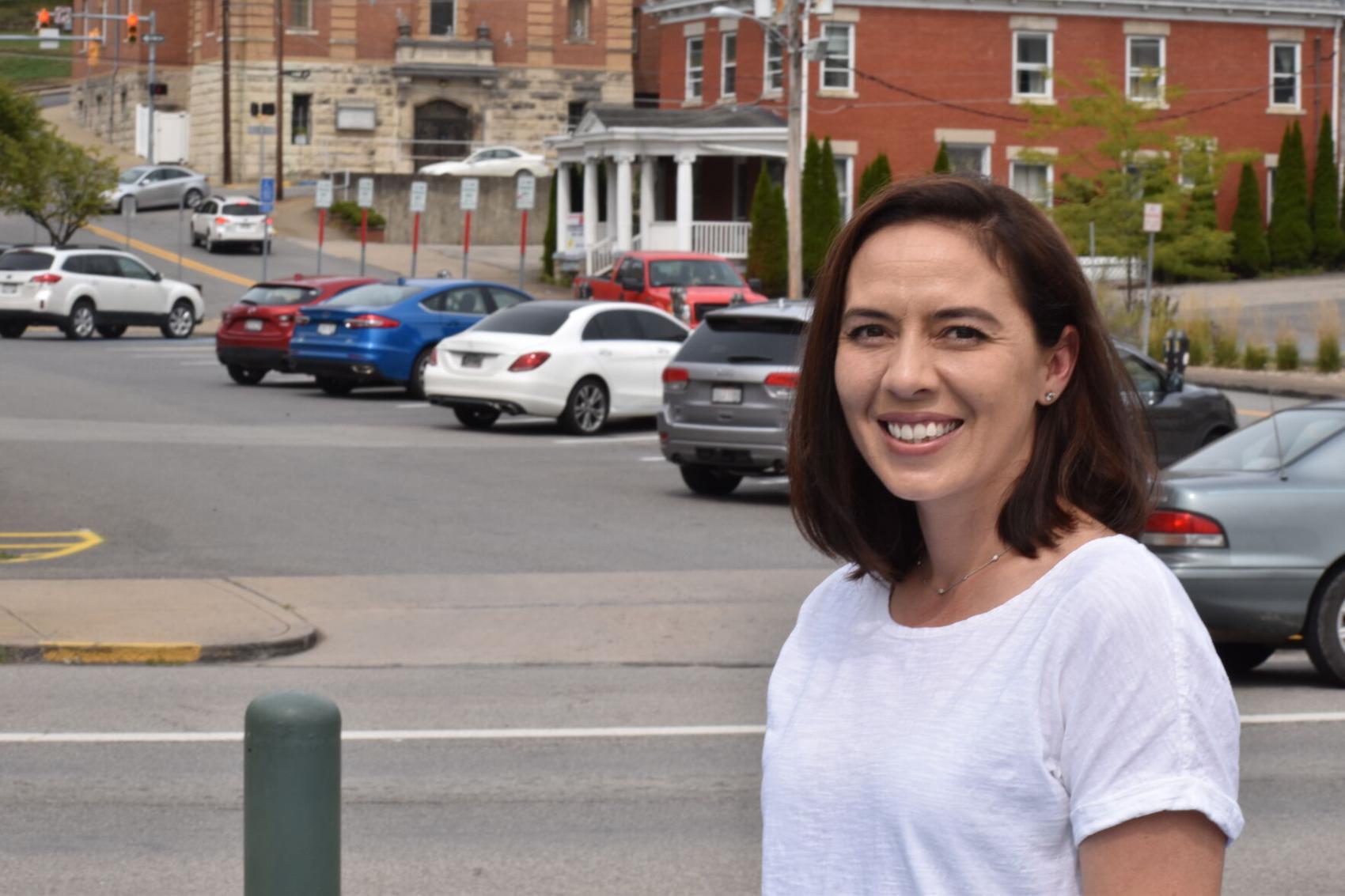Ann Hammond, peer recovery coach lead for First Choice Services, said the pandemic has brought about new challenges for individuals in addiction recovery. FAIRMONT — Throughout the COVID-19 pandemic, many who live with substance use disorder have not been able to attend support groups they rely on for sobriety,

FAIRMONT — Throughout the COVID-19 pandemic, many who live with substance use disorder have not been able to attend support groups they rely on for sobriety, social support and connection.
Ann Hammond, lead peer recovery coach for First Choice Services, said connecting with one’s peers can be one of the most pivotal factors in rehabilitation, so losing that support has made this pandemic especially difficult for people in recovery.
“This whole experience has been very hard on the recovery community,” Hammond said. “Many people’s recovery depends a lot on peer support and being in meetings. So now this isolation has really been hard on people for sure.”
First Choice Services is a statewide organization that provides resources and support for people in emergency situations, mainly through phone lines and virtual guides. Hammond said the availability of these phone lines to people in addiction recovery can be one of the most useful resources because when she first went into recovery almost 13 years ago, she did not know where to turn for help.
“For me, things were much different then as far as what was available for treatment and the process to get treatment,” Hammond said. “That has definitely opened up; there are so many new facilities and with the Help 4 WV line, there is easy access.”
The Help 4 WV line, 844-435-7498, is First Choice Services’ addiction help line, and Sheila Moran, director of communications and marketing for First Choice Services, said it just reached five years in operation this months. Moran also said before this line, it could be difficult for people to find resources for recovery near them, even through an online search.
“They couldn’t figure out where the treatment was or how to get into treatment,” Moran said. “It was kind of a complicated process.”
According to Hammond, the difficulty in finding help is one of the biggest roadblocks for people who are in emergency situations with an addiction. By taking down that road block, First Choice Services speeds up the time to get help.
“With addiction, we find that we need to be prepared to help somebody when they’re willing,” Hammond said. “They key is just being available whenever that person is willing to go.”
Moran said the call center has received nearly 50,000 calls since it began in September 2015, and while many calls were made by people in need of recovery, a lot were also made by friends or family members of people in need of aid.
“A really significant amount of people who call us are actually friends and family members saying, ‘I really want to get this person help,’” Moran said. “Other than that, a majority of our calls are the people themselves who are calling for help, and they’re usually at a point where they’re physically sick or desperately trying not to use drugs.”
This phone line also allows people to speak with another person about their troubles, Moran said, because sometimes they just need an outlet to tell their story. This could also help the call center representative know what resource an individual needs, so they can best get them to the right place.
“We’re available 24/7, call, text or chat, and when people call us, we get them immediately into some type of help,” Moran said. “We have a whole range, we have over 1,000 resources. Often people will say they want to go into detox, and if that’s what they need, we can usually get them in within 24 hours.”
Moran and Hammond also said First Choice Resources is working on a hotline for youth that will provide resources relating to behavioral and mental health, rather than addiction aid.
“Help 4 WV is currently working on an expansion that will include a children’s crisis component to it,” Hammond said. “It will be a little different than the Help 4 WV line, in that there will be a bit less focus on substance use and more focus on behavioral and mental health.”
Although First Choice Services provides call lines for many different issues, Hammond said she doesn’t want people in need to be intimidated by all the options, and that the Help 4 WV number serves different problems.
“It will just be great for there to be a central number to call that can connect people with whatever resources they are needing,” Hammond said. “It’s just an emotional strength line, so for anyone who is feeling down, depressed, stressed out, feels they need to talk to someone or that it may benefit them, they can call.”
As a recovering addict herself, Hammond said the stigma some people associate with the issue can also be a roadblock for people who want to seek help, but she has seen some progress over the years of that stigma going away. She said the lessening of the stigma has coincided with the growth of recovery programs aimed at helping people through addiction, which makes the Help 4 WV line more helpful than ever.
“I do think there is progress being made, and I think some people gained some understanding of it,” Hammond said. “But it’s always going to be one of those things that’s very hard to understand if they haven’t experienced it themselves.
“But there’s a lot of things that haven’t changed, and that’s the disease of addiction and programs that have been around for a very long time.”
Support local journalism.
We are making critical coverage of the coronavirus available for free. Please consider subscribing so we can continue to bring you the latest news and information on this developing story.
Click here to view full article

